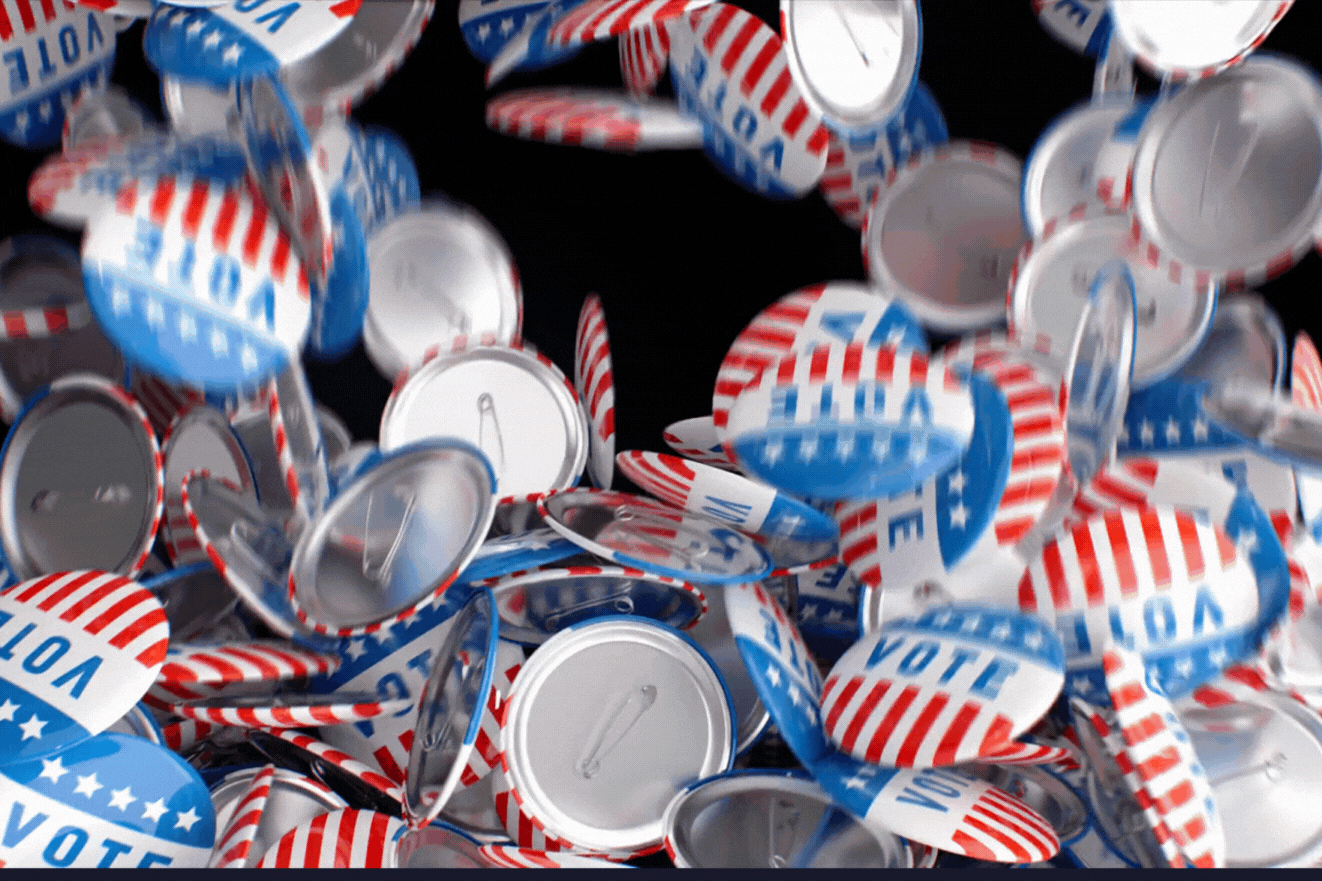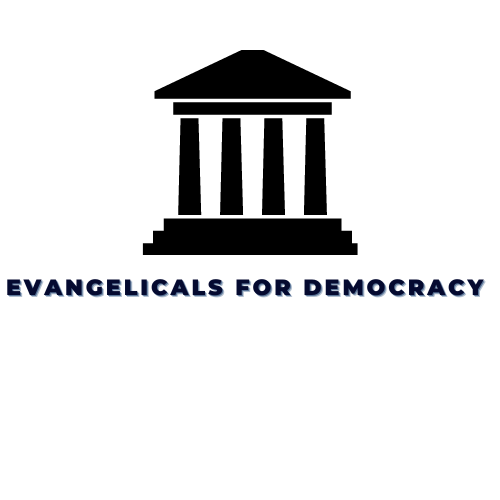connect your religious values to support the democratic tenets of the U.S. Constitution.
-
VERIFY
Self-governance requires informed voters, whose opinions rest on the truth about issues, actual occurrences, what political candidates stand for (and against), and the record of candidates’ statements, actions, votes, and allegiances.
Protecting democracy starts with seeking the facts from respected and reliable knowledge institutions – a free press, and public and private organizations devoted to gathering and disseminating validated information.
Only through a common set of facts will the conditions for a democratic and free society remain intact.
-
ORDAIN
In the Bible, the meaning of the word “ordain” is to “establish or order by decree or law” and the connection is written into the Preamble of the U.S. Constitution itself:
“We the People of the United States, in order to form a more perfect union, establish justice, insure domestic tranquility, provide for the common defense, promote the general welfare, and secure the blessings of liberty to ourselves and our posterity, do ordain and establish this Constitution for the United States of America.”
In short, the American people ordained democracy as the foundation for our society and voting and elections are indeed an “ordination” of the people. Thus, protecting democracy is not optional: Evangelicals have an obligation to connect democracy to the rule of law and support the democratic tenets in our Constitution – namely, the right to vote free from intimidation and honoring the peaceful transfer of power.
-
TEACH
“Evangelical” comes from a Greek word meaning “good news” and this spiritual message is desperately needed in our country.
Democracy depends upon the moral fiber of a culture, which is why “the good news” evangelicals can spread to family members, friends, work colleagues and neighbors is that democracy is a religious value rooted in the dignity and worth of all people. This means branding voter suppression, gerrymandering (by either party), intimidation, and the spreading of conspiracy theories and lies as anti-Christian.
Our faith is not an ideology, and our beliefs should not be used by radical political interests. We must stand for democracy – speaking the truth in the right place, with the right texts, and the right tone. It will take courage, but our times demand it.
-
EMPOWER
Voting is the key role of citizens in a democracy. Yet, the U.S. ranks near the bottom for voter turnout among democratic countries. And the consequence is dire: more Americans are disenfranchised and losing control over their own government.
As people of faith, evangelicals can be the agents of meaningful change who protect democracy by voting themselves and inspiring others to do so. The goal is not to give one religion a privileged place in law and politics. Rather, it is something higher and better, namely, to be civic-minded – the first contribution by a citizen to a free society.
This means being honest, open-minded, fair, and humble toward those who either disagree with us or regard us as “the enemy.” Civility is hard work, especially in a divided, polarized, and often angry political environment. However, those who say they follow Jesus must empower virtue – by refusing to talk about “the other side” without first talking to one another. Those who want justice in society must be judicious, open-hearted and people of hope who are confident in the truth that love triumphs over hate.


